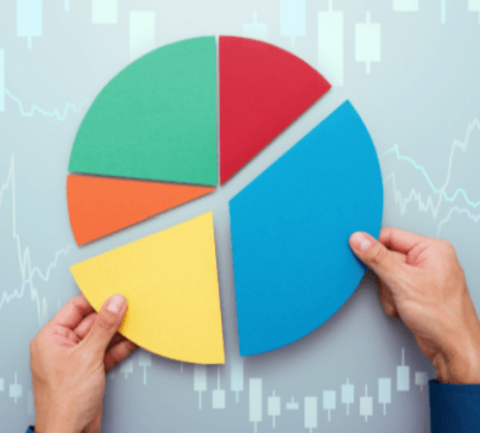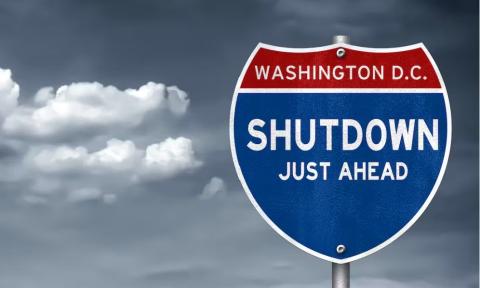It feels all too recent that I was reading my own introduction to the firm, which at this point is quite a while ago. Now, I have the privilege of introducing our clients to our newest team member, JJ Hemmer.
The concept of memory dividends is pretty simple. The experiences you have today with the people you're close with will ultimately be relived and reflected upon down the road. This reflection will produce some happy memories, which will allow you to "cash in" on past events as a memory dividend.
This summer provided me with examples of how impactful these memory dividends can be.
There is no beating around the bush…financial markets have had a tough start to the year, particularly over the last few weeks.
Spring is upon us, and summertime is just around the corner! Some of you are welcoming back your college kids for a well-deserved break. (And you know what that means – shoes left in front of the door, laundry left on the floor, and dishes left in the sink.) Jokes aside, many students and parents use the summer break to reset between the busy school year that has finally come to an end and the upcoming fall semester. This can also be an opportune time to reassess your college student’s financial roadmap, so they - and you - enter the next school year with confidence.
Please join me in welcoming the addition of Justin Gabriel to the Pitzl Financial shareholder group!
If you had shut your eyes on January 1, 2023, and opened them this past Monday, you would have been pleasantly surprised by the end result.
The most obvious form of non-value added stress in markets right now is the potential for a Federal government shutdown. It is dominating the headlines as our elected “leaders” continue to play a game of chicken. We were dragged through the mud on debt ceiling negotiations earlier this year, so we really shouldn’t expect different, I suppose.
During a recent client meeting, the individual we were speaking to brought up a very interesting concept: non-value-added stress. The idea is that we worry a lot about things that don't add positivity to our daily lives.
With children across the country returning to school and college expenses continuing to tick up, we have received many inquiries related to college planning. Many of these questions center around how to best fund future and current college expenses, negotiate merit aid, and what resources are available for parents with college-aged students.
Although no client has explicitly stated it, it would be reasonable for there to be similar anticipation of markets returning to their peaks. The last time the S&P 500 closed at an all-time high was January 3, 2022. Since then, we've seen almost 19 months of drawdown. The conversations we've been having with clients have primarily centered around maintaining discipline, with the knowledge that, at some point, there would be a market recovery.
For the first time in a long time, the financial world has a calming sense.
As you have probably seen, recent financial headlines have centered around the debt ceiling. The debt ceiling was created in 1960 as a way to limit government spending. Although the news surrounding the debt ceiling may sound scary, it’s not the first time we’ve been in a position like this. In fact, since 1960, the debt ceiling has been raised 78 times.













